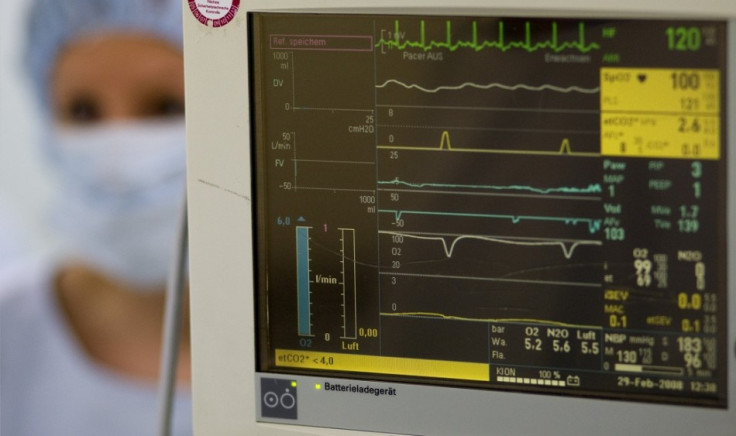Doctors Learning to Talk to Patients in Vegetative States

Scientists believe they are closer to developing devices to allow people in vegetative states to communicate with the outside world.
Researchers at the Medical Research Council Cognition and Brain Sciences Unit and the University of Cambridge have found a patient in a vegetative state who could focus on words as well as a healthy individual.
The team involved was the same that famously used imaging techniques to establish that a person in a vegetative state could respond to yes and no questions through their brain activity.
For the first time, the team found that a patient who was unable to move or speak showed signs of attentive awareness that had never been detected before.
Published in the journal Neuroimage: Clinical, the researchers used electroencephalography (EEG) to measure the electrical activity over the scalp of 21 patients in either a vegetative state or minimally conscious, as well as eight healthy control volunteers.
The scientists then played a series of random words and asked the participants to alternatingly attend to the words 'yes' and 'no', which appeared 15% of the time. The test was repeated several times over 30 minutes to check patients were able to focus on the target words.
Tristan Bekinschtein, from the MRC, said: "Our attention can be drawn to something by its strangeness or novelty, or we can consciously decide to pay attention to it.
"A lot of cognitive neuroscience research tells us that we have distinct patterns in the brain for both forms of attention, which we can measure even when the individual is unable to speak."
Communication possibilities
Researchers found one patient in a vegetative state who could filter out unimportant information and focus on relevant words they were asked to pay attention to as well as the healthy volunteers.
Three other patients reacted to novel but irrelevant words but could not pay attention to the focus words.
Using fMRI scans, the team also found the alert vegetative patient could follow simple commands to imagine playing tennis.
Researchers believe their study raises the possibility of developing devices to help people who appear in vegetative states to communicate with the outside world.
Srivas Chennu, from the University of Cambridge, said: "Not only did we find the patient had the ability to pay attention, we also found independent evidence of their ability to follow commands - information which could enable the development of future technology to help patients in a vegetative state communicate with the outside world.
"In order to try and assess the true level of brain function and awareness that survives in the vegetative and minimally conscious states, we are progressively building up a fuller picture of the sensory, perceptual and cognitive abilities in patients. This study has added a key piece to that puzzle, and provided a tremendous amount of insight into the ability of these patients to pay attention."
Bekinschtein added: "These findings mean that, in certain cases of individuals who are vegetative, we might be able to enhance this ability and improve their level of communication with the outside world."
© Copyright IBTimes 2025. All rights reserved.






















